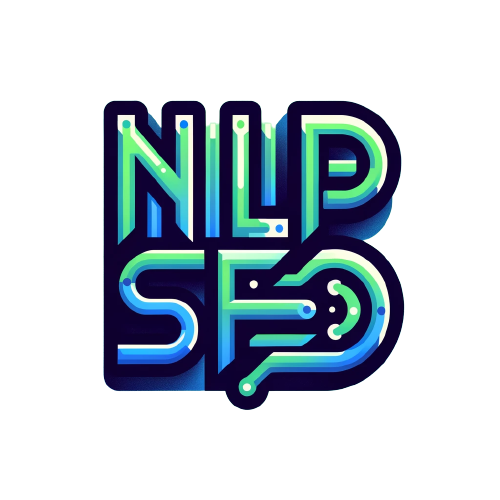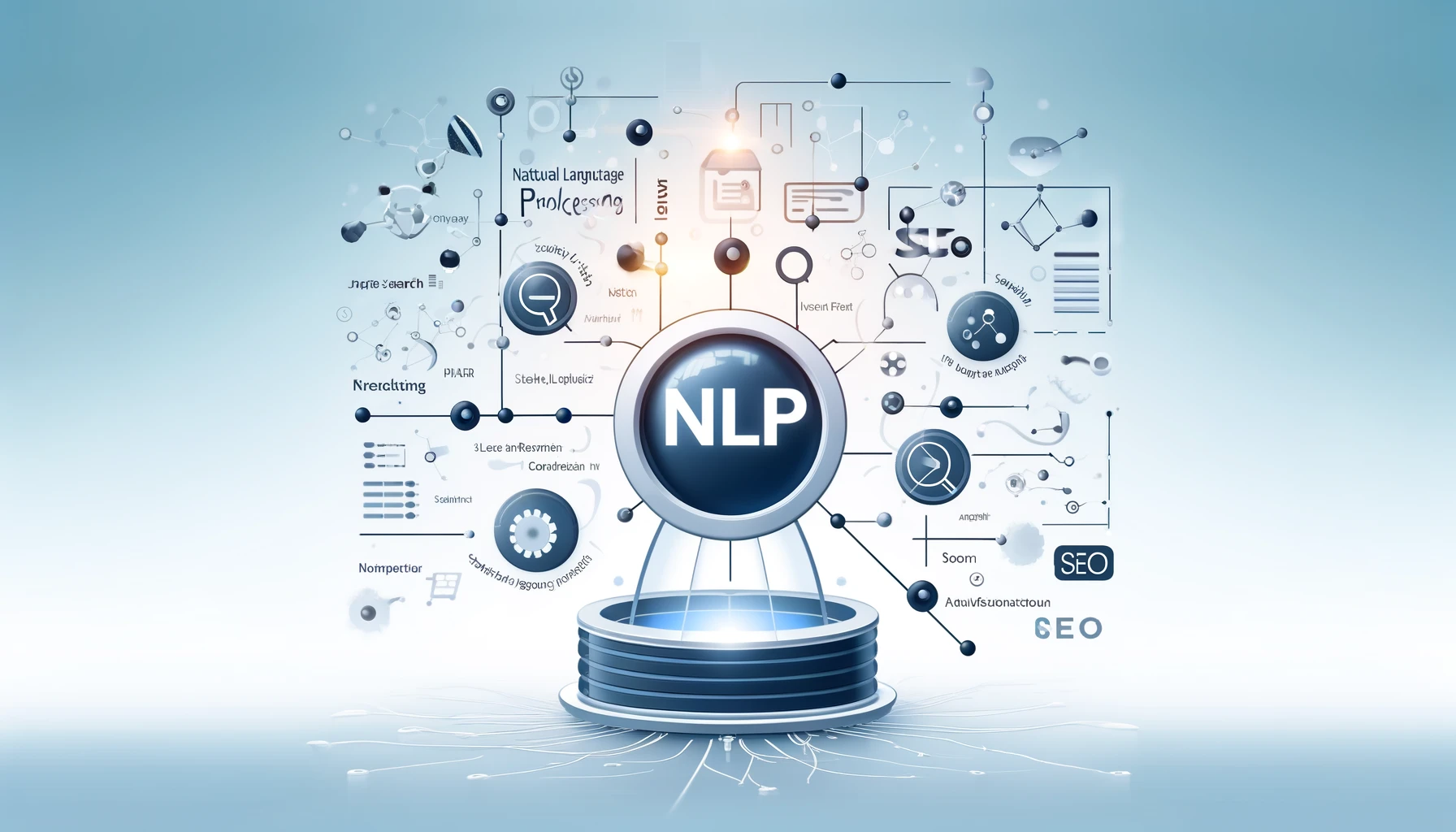NLP for SEO: Unlock Better Search Performance
Natural Language Processing (NLP) is transforming the way we approach search engine optimization (SEO). By leveraging advanced algorithms and machine learning techniques, NLP enhances our ability to understand and optimize content for better search performance. This article explores the intersection of NLP and SEO, providing insights and practical examples to help you boost your website’s visibility and ranking.
Understanding NLP and Its Role in SEO
NLP is a field of artificial intelligence that focuses on the interaction between computers and human language. It enables machines to understand, interpret, and generate human language in a way that is both meaningful and useful. In the context of SEO, NLP helps search engines better understand the content of web pages, making it easier to match user queries with relevant results.
Search engines like Google use NLP to analyze and understand the intent behind search queries, which goes beyond simply matching keywords. This means that SEO strategies must now consider the nuances of language, context, and user intent to achieve optimal results.
How NLP Improves Search Performance
- Semantic Search: Traditional SEO focused heavily on keyword density and placement. However, with NLP, search engines can understand the meaning behind words and phrases, leading to more accurate and relevant search results. This means that content should be crafted to answer user queries naturally and comprehensively.
- Contextual Understanding: NLP allows search engines to grasp the context of a search query. For instance, a search for “Apple” could refer to the fruit or the tech company. NLP helps distinguish between these contexts, delivering more precise results based on user intent.
- Voice Search Optimization: As voice search becomes increasingly popular, NLP plays a crucial role in optimizing content for spoken queries. Voice searches tend to be more conversational and more prolonged than text queries, requiring content that is optimized for natural language patterns.
- Sentiment Analysis: NLP can analyze the sentiment of content, determining whether it is positive, negative, or neutral. This analysis helps search engines rank content based on user satisfaction and engagement.
- Entity Recognition: NLP identifies and categorizes key entities within content, such as people, places, and organizations. This enhances the relevance of search results by ensuring that content aligns closely with user queries.
Practical Tips for Using NLP in Your SEO Strategy
To effectively integrate NLP into your SEO strategy, consider the following tips:
- Focus on Quality Content: Create content that provides value to your audience. Ensure it is well-researched, informative, and addresses the needs and questions of your target users.
- Use Natural Language: Write in a conversational tone, using natural language that mirrors how people speak and search. Avoid keyword stuffing and instead focus on delivering explicit and engaging content.
- Optimize for Featured Snippets: Structure your content to answer common questions directly, increasing the chances of appearing in featured snippets. Use bullet points, numbered lists, and concise paragraphs to enhance readability.
- Leverage Long-Tail Keywords: Incorporate long-tail keywords that reflect natural speech patterns and specific user queries. These keywords often have less competition and can drive more targeted traffic to your site.
- Update and Refresh Content: Regularly update your content to ensure it remains relevant and accurate. Fresh content signals to search engines that your site is active and authoritative.
Unlocking the Power of NLP for Better Search Performance
In the ever-evolving landscape of SEO, Natural Language Processing (NLP) has emerged as a game-changer. By harnessing the power of NLP, you can enhance your search performance and stay ahead of the competition. Here’s how:
- Improving Content Relevance: NLP allows search engines better to understand the context and intent behind user queries. By focusing on creating high-quality, relevant content, you can improve your chances of ranking higher in search results.
- Enhancing User Experience: Content optimized for NLP is naturally more engaging and more accessible to read. This leads to better user experience, longer dwell times, and lower bounce rates, all of which contribute to higher search rankings.
- Optimizing for Voice Search: With the rise of voice-activated assistants like Siri and Alexa, optimizing for voice search is crucial. NLP helps you craft content that matches the conversational tone of voice queries, making your site more accessible to users.
- Leveraging Semantic Search: Instead of focusing solely on keywords, NLP enables you to optimize for semantic search. This involves understanding the meaning and context of search queries, leading to more accurate and relevant results.
- Utilizing Sentiment Analysis: By analyzing the sentiment of your content, NLP helps you understand how users perceive your brand. Positive sentiment can boost your reputation and improve your search rankings, while negative sentiment provides insights for improvement.
By incorporating these strategies into your SEO efforts, you can unlock the full potential of NLP and achieve better search performance. Focus on creating valuable, engaging content that addresses user intent, and watch as your rankings and traffic improve.
Real-World Examples of NLP in SEO
To illustrate the impact of NLP on SEO, let’s look at a few real-world examples:
- Google’s BERT Update: One of the most significant advancements in NLP for SEO is Google’s BERT (Bidirectional Encoder Representations from Transformers) update. BERT helps Google understand the context of words in search queries, providing more accurate and relevant results. For instance, BERT can distinguish between the different meanings of the word “bank” based on the surrounding words, delivering precise results whether the user is searching for a financial institution or a riverbank.
- Content Recommendation Systems: Platforms like Netflix and Amazon use NLP to analyze user preferences and recommend content. Similarly, you can leverage NLP to understand your audience’s interests and tailor your content accordingly, enhancing engagement and driving more traffic to your site.
- Chatbots and Virtual Assistants: NLP powers chatbots and virtual assistants, enabling them to understand and respond to user queries naturally and conversationally. By integrating NLP-driven chatbots on your website, you can improve customer service and provide instant support, leading to higher user satisfaction and retention.
Conclusion
NLP is revolutionizing the SEO landscape, offering new opportunities to optimize content and improve search performance. By understanding and leveraging NLP, you can create more relevant, engaging, and user-friendly content that meets the needs of today’s search engines and users. Embrace the power of NLP to stay ahead in the competitive world of SEO and unlock better search performance for your website.







